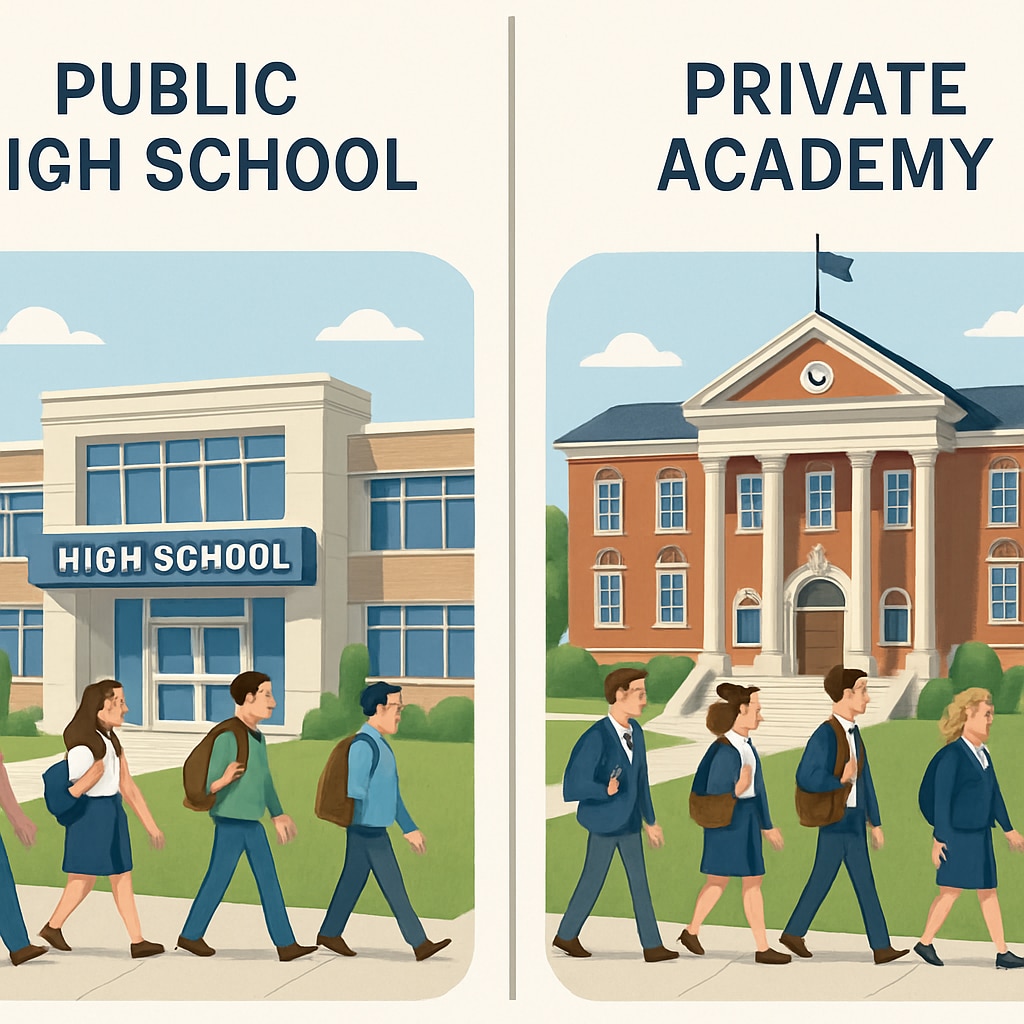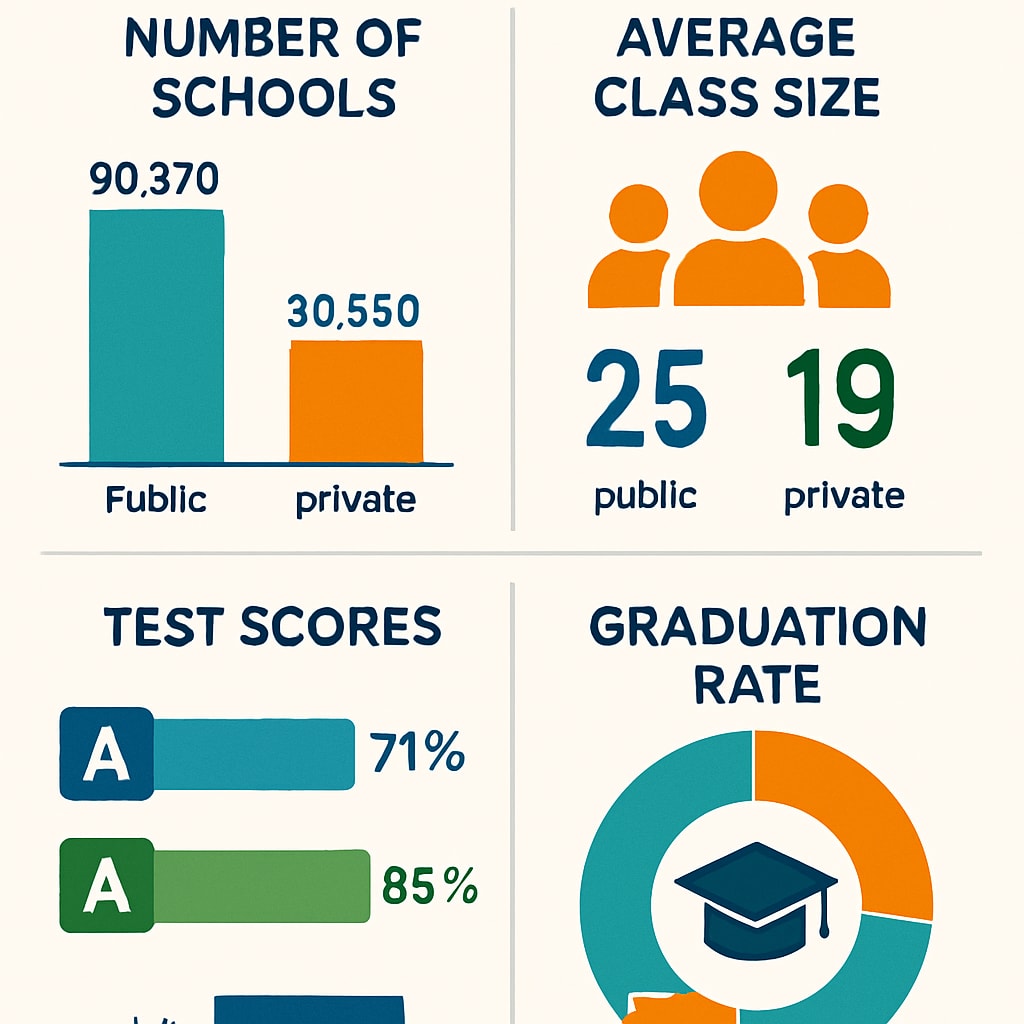When considering school choice, public districts, and private education, many parents face a surprising dilemma: why would families in top-rated public school zones still pay tuition for private alternatives? This paradox reveals complex educational priorities beyond test scores and rankings.

Beyond the Obvious: Hidden Factors in Education Selection
While public schools in affluent areas often boast excellent facilities and standardized test results, private institutions offer distinct advantages:
- Customized learning approaches (Montessori, IB, religious-based)
- Smaller class sizes (average 12:1 vs 20:1 in public schools according to National Center for Education Statistics)
- Specialized programs for gifted learners or those needing extra support
However, these benefits come with significant financial sacrifices. The average private school tuition now exceeds $15,000 annually, creating what economists call “the education premium paradox.”

The Value Equation: Measuring What Matters
To understand this choice, we must examine three rarely-discussed dimensions:
- Social capital: Private networks often provide lifelong professional advantages
- Time allocation: Many private schools offer longer instructional days
- Values alignment: Religious or philosophical education matching family beliefs
A Brookings Institution study found these intangible factors often outweigh academic performance metrics in parental decision-making.
Making the Right Choice for Your Child
Consider these practical steps when evaluating schools:
- Attend open houses at both types of institutions
- Ask current parents about their satisfaction and regrets
- Calculate the true cost beyond tuition (transportation, uniforms, fundraising expectations)
- Evaluate your child’s specific learning needs and social temperament
Ultimately, the “better” choice depends entirely on individual circumstances rather than abstract rankings. As education experts note, the right environment for one child might be completely wrong for another.
Key takeaway: Neither system is inherently superior. Successful school choice requires matching institutional strengths with your child’s unique needs and your family’s educational priorities.


